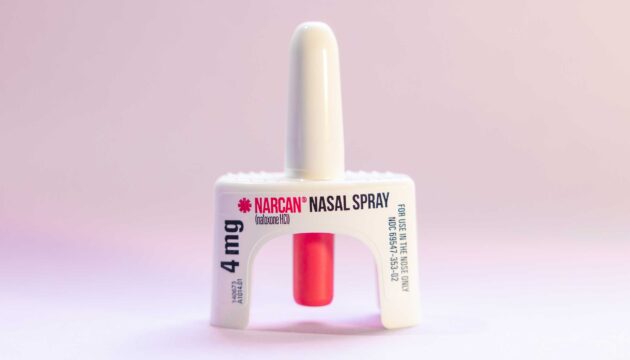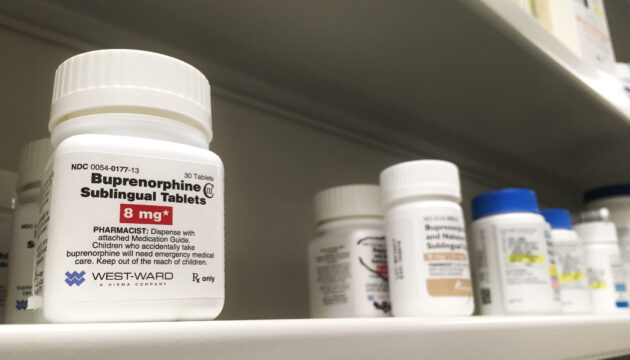Research
-
Using Policy and Innovation to Improve Life-Saving Access to Naloxone
States with naloxone access laws permitting pharmacists to dispense to consumers experienced substantially greater naloxone dispensing after Narcan’s introduction.
Categorized in -
Expected Out-Of-Pocket Costs: Comparing Medicare Advantage With Fee-For-Service Medicare
Expected monthly out-of-pocket costs for a typical enrollee were about 18-24% lower in Medicare Advantage in recent years, which likely helped fuel the program’s enrollment surge.
Categorized in -
Comparing Imputation Approaches for Immigration Status in ED Visits: Implications for Using Electronic Medical Records
With more robust data, and better ways to approximate the undocumented population, health systems will be better equipped to identify root causes health disparities and deploy interventions to improve the health of undocumented communities.
Categorized in -
Examining the Role of Community Engagement in Enhancing the Participation of Racial and Ethnic Minoritized Communities in Alzheimer’s Disease Clinical Trials; A Rapid Review
Systematic assessment of recruitment strategies is urgently needed to increase the evidence base around community-engaged recruitment approaches.
-
The Inflation Reduction Act and Patient Costs for Drugs to Treat Heart Failure
Although previous legislation technically closed the Part D coverage gap, patients still faced mid-year out-of-pocket increases. The Inflation Reduction Act’s standard benefit design eliminates the coverage gap in 2025.
Categorized in -
No Surprises Act Independent Dispute Resolution Outcomes for Emergency Services
Disputes were dominated by just a few health plans and private equity-backed providers, making it hard to determine if IDR awards reflect the overall market for out-of-network care.
Categorized in -
Association of Daily Doses of Buprenorphine With Urgent Health Care Utilization
Patients receiving higher doses of buprenorphine were less likely to later require emergency department services or an inpatient hospital stay, researchers found.
Categorized in -
The Urban–Rural Gap in Older Americans’ Healthy Life Expectancy
The urban-rural gap in life expectancy and health quality for men nearing retirement age has widened over two decades.
Categorized in -
Incentivizing Chronic Disease Prevention and Treatment
Rebalancing the healthcare system to favor prevention and cures can potentially reduce the long-term burden of chronic diseases.
-
Scrutinizing the Role of Pharmacy Benefit Managers
Policymakers should consider increasing transparency, explore alternatives to the rebate system, scrutinize vertical integration, and seek better alignment of PBM incentives with patient and payer interests.









